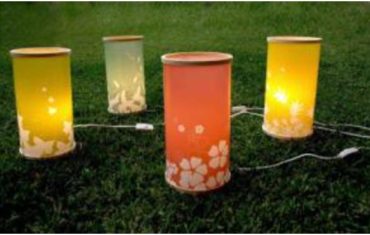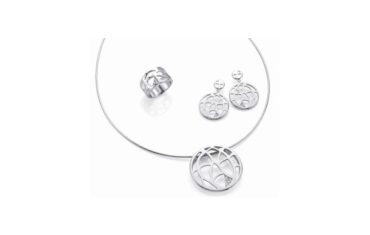Retail sales are sitting well above pre-Covid levels, according to Deloitte Access Economics’ latest quarterly Retail Forecast, which is welcome news after a significant drop in the June quarter.
While spending on household goods has grown, clothing stores, cafés and department stores are lagging behind, which means some stores will have no choice but to close up shop in the new year as headwinds start to weigh on spending in 2021.
“Our recent Retailers’ Christmas Survey indicated this year’s Christmas trading period would be a polarised one,” says Deloitte Access Economics partner and Retail Forecasts principal author, David Rumbens.
“While 39 per cent of retailers expect over five per cent growth in Christmas sales, up from 21 per cent in 2019, a further 24 per cent expect a fall in sales of over five per cent.
“Despite the difficult conditions for many retailers, the number of insolvencies in the sector has actually dropped significantly in 2020 so far. In 2019, nearly 500 retailers entered external administration by October, while in 2020 this dropped to around 300.”
This suggests that if 2020 were similar to last year, an additional 200 retailers (on top of the existing 300) would likely have entered external administration by now and a further 150 would do so before the end of the year, says Rumbens.
“The Christmas period is critical in any year, but for businesses facing significant disruption to operating conditions, who relied on stimulus measures that are slowly fading and who haven’t made necessary structural adjustments, there is a risk that a poor sales performance could be the straw that breaks the camel’s back.”
Retail spending has been an area of strength for the Australian economy through Covid-19. With social restrictions easing and a measure of pent up demand unleashed, retailers experienced a surge in spending volumes over the September quarter.
“Retail’s strong performance is due in part to opportunity―consumers aren’t able to spend as much on travel and other services―as well as changing preferences―consumers are spending more on home-centric goods.
“So retailers are capturing a greater share of consumer wallet. While overall household spending is still down compared to pre-Covid levels, retail sales have surged ahead. And this increase in market share is likely to linger for some time as restrictions and consumer reluctance for travel remain a barrier to spending on transport and accommodation.
“The run into Christmas is looking more positive than previously expected. There are three key drivers of this stronger outlook: improved labour market conditions; the extension of JobKeeper for struggling businesses; and upbeat consumer confidence. Combined with good news on fewer restrictions, state borders opening up and vaccines, this has enabled consumers to feel more at ease with spending heading into December,” concludes Rumbens.







